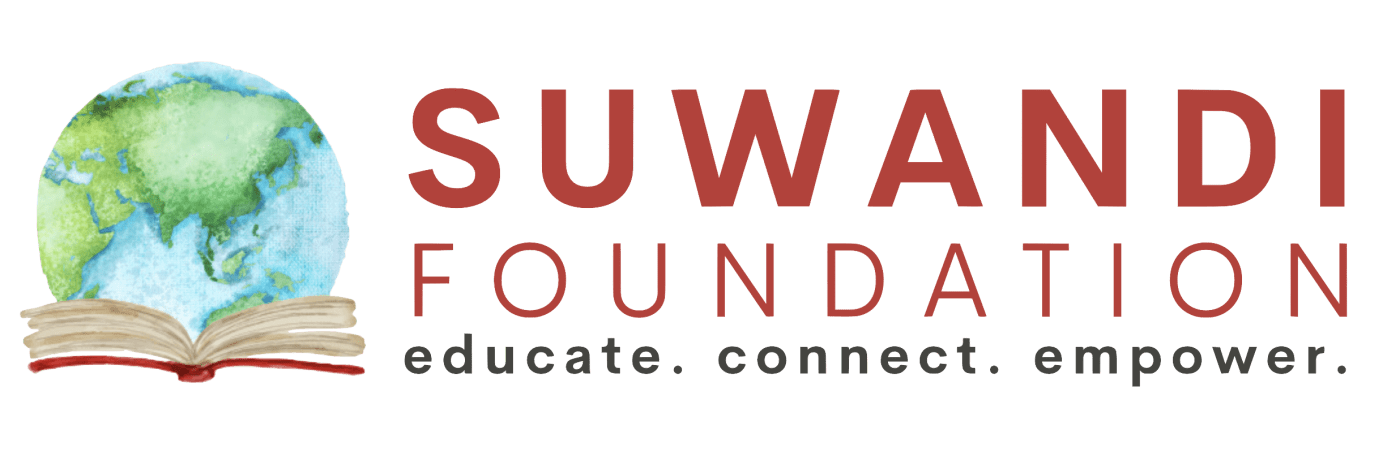Terms relating to Diversity, Equity, and Inclusion (DEI) get tossed around a lot, and they mean a number of things. Some important things to keep in mind for intercultural competence are:
- Including diverse voices generates more authentic and realistic conversations.
- Because each culture and person has their own set of perspectives, including a variety of voices creates a more holistic picture of reality.
- All people share basic human rights and should be included in actions and conversations as equals.
- Members of a specific community know their needs better than anyone, so it’s always important to have conversations WITH and not ABOUT them when making decisions that will impact them.
- Everyone has different resources and capacities, so practicing equity can help people achieve fair treatment.
- For example, a community center may be open to all, but if one person is wheelchair-bound and there is no ramp, they do not get to benefit from these resources and should also receive additional or different support.
Ultimately, DEI means including various perspectives and aspiring to fairness. These principles are key to our interactions in intercultural settings because they allow us to better understand and respect those who are different from us.
